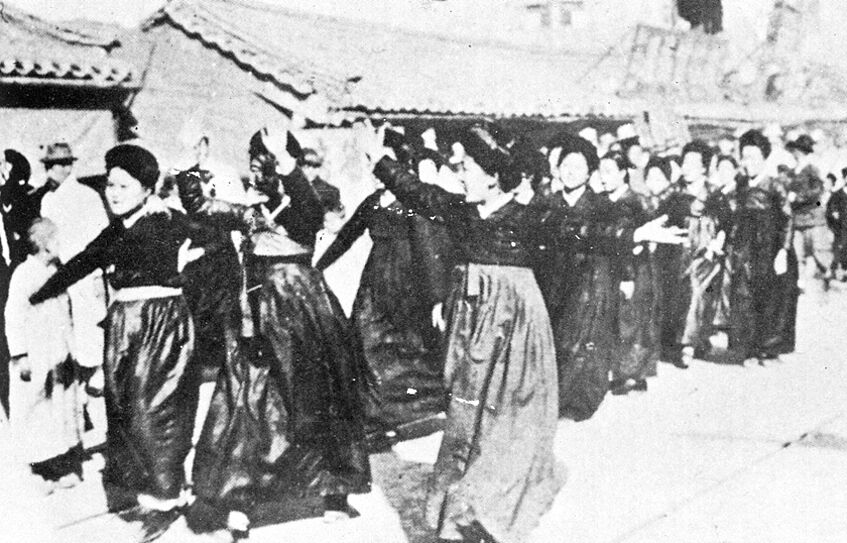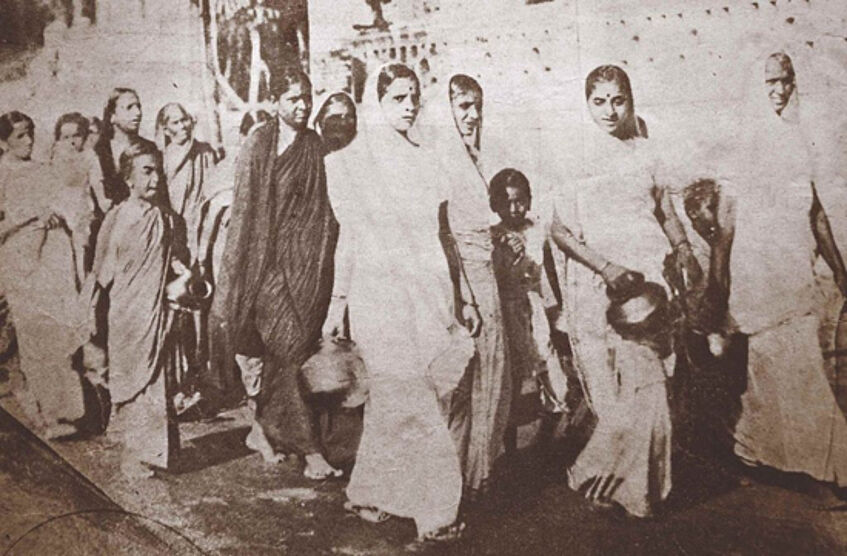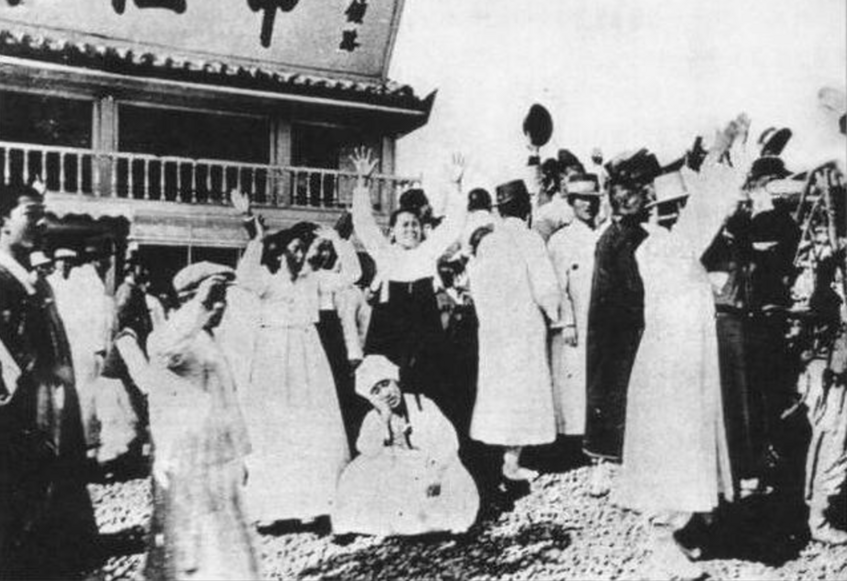Intercolonial Public: Protest and Print across India and Korea, c. 1910-1947



Intercolonial Public: Protest and Print across India and Korea, c. 1910-1947
Lead: Dr.in Sophie-Jung Kim
Funding: Horizon Europe: Marie Skłodowska-Curie Actions (MSCA)
Duration: October 2024 - September 2026
In the first two decades of the twentieth century, a wave of nonviolent protests erupted across the world. From India’s Champaran Satyagraha (1917) and Egypt’s 1919 Revolution to Korea’s March First Movement (1919), men, women, the elderly and youths took to the streets, united in their struggle against imperial oppression and fight for national self-determination. Rather than studying these mass movements within a national or imperial framework, this project examines how anticolonial protests resonated and reverberated across colonial boundaries.
The project centers on two cases: colonial India and Korea. Although colonized by different empires, India and Korea underwent parallel processes of anticolonial mobilization, including nonviolent protests. The project examines how Indian thinkers and activists interpreted the Korean Manse movement, and conversely, how Korean thinkers and activists analyzed Indian Satyagraha movements. Through this investigation of intellectual flows and tactical adaptation across colonial boundaries, the project seeks to provide a new framework for understanding the global anticolonial moment of the early twentieth century.
